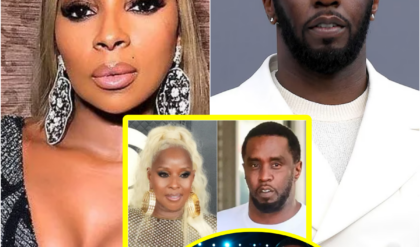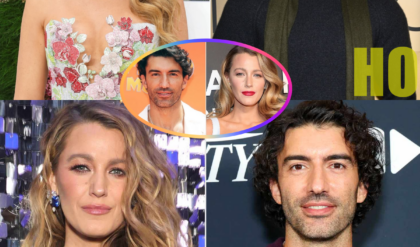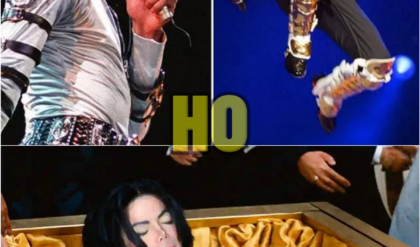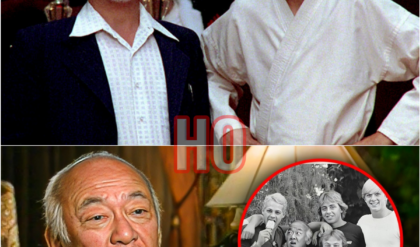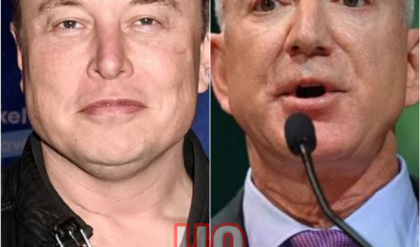In the music industry, the concept of “pretty privilege” isn’t just a buzzword—it’s a reality that shapes careers and influences fan perceptions. While female artists often face immense pressure to meet conventional beauty standards, male artists can sometimes bypass this scrutiny, relying instead on their vocal talent and charm. This dynamic raises intriguing questions about attractiveness, talent, and how society interprets both.

Take Brent Faiyaz, for example. His song “Rehab” kicks off with the unforgettable line, “I got too many hoes but they you.” This unabashedly toxic lyric encapsulates the quintessential “F-boy” persona, yet it resonates with many listeners. At parties, I’ve seen guys use similar tactics, flaunting their romantic options to attract attention. The curious part? It often works. Women sing along with enthusiasm, embracing the bravado, which speaks volumes about the appeal of pretty privilege in music.
Brent might not fit the classic heartthrob mold, but his voice captivates audiences. His lyrics often explore themes of infidelity and emotional detachment, yet listeners remain enchanted. In songs like “16 Missed Calls,” his dismissive attitude towards a woman’s feelings seems to disappear in the smoothness of his delivery. It highlights a fascinating truth: a beautiful voice can render even the most toxic lyrics forgivable.

Bryson Tiller illustrates a similar trend. In “Sorry Not Sorry,” he addresses women who only showed interest once he achieved success. While the premise of the song critiques superficiality, fans belt out the lyrics as if they’re anthems of empowerment. This double standard—where men can be blunt about their flaws and still attract admiration—underscores the role of pretty privilege in male artists’ success.
Conversely, female artists operate under stricter scrutiny. While beauty is often a prerequisite for success in music, the same doesn’t apply to men. A female artist might possess an extraordinary voice, but if she doesn’t conform to beauty standards, she may struggle to gain recognition. This imbalance reveals a stark reality: women must excel in both beauty and talent, while men can sometimes thrive on vocal ability alone, regardless of their looks.
Consider The Weeknd, whose lyrics delve into toxic relationships and hedonism. Songs like “Initiation” portray troubling themes, yet women continue to be drawn to his music, enchanted by his haunting voice. His journey from homelessness to becoming a leading figure in R&B illustrates how much of an advantage a captivating voice can be, allowing him to sing about controversial subjects with minimal backlash.

Then there’s Chris Brown, a prime example of the extremes of pretty privilege. Despite a tumultuous history and a slew of controversies, he maintains a massive fan base. His ability to blend a successful music career with personal scandals exemplifies the idea that talent and attractiveness can overshadow significant missteps.
The disparities in how society perceives male and female artists reveal broader cultural dynamics. Good looks can provide men with leeway that women simply don’t have. This notion is evident in the “Riz versus harassment” memes circulating online: attractive men often escape judgment for actions that would be condemned if committed by less conventionally attractive individuals.

Ultimately, pretty privilege exists in the music industry, affecting both how artists are marketed and how their work is received. While it may seem unjust, it’s an undeniable aspect of navigating fame and success in this space. Understanding these dynamics can empower both artists and fans, prompting a deeper reflection on the interplay of appearance and talent.
As we continue to explore these themes, it’s essential to recognize and leverage our unique advantages, whatever they may be. The landscape of music is constantly evolving, and with it, the perceptions of beauty and talent will continue to shift. How we navigate this space—whether as creators or consumers—can shape the future of the industry.
